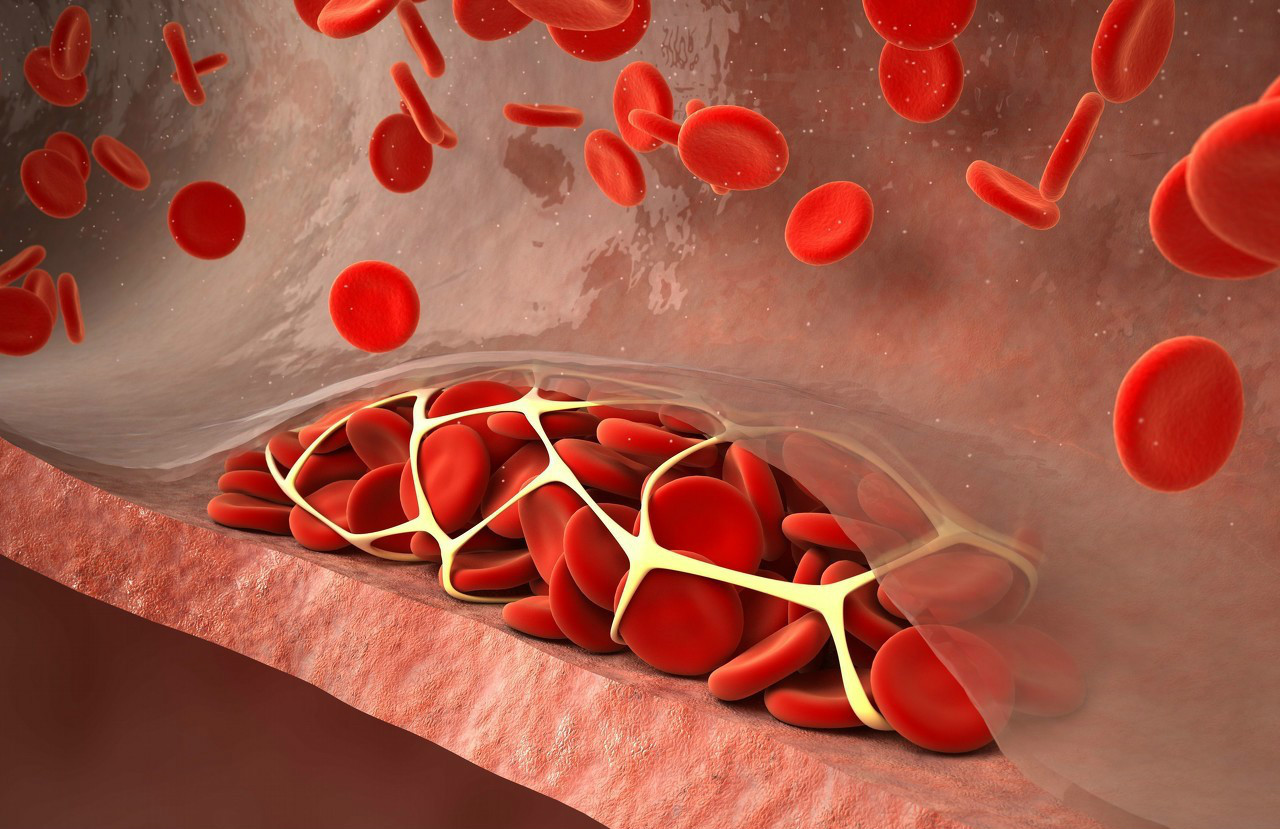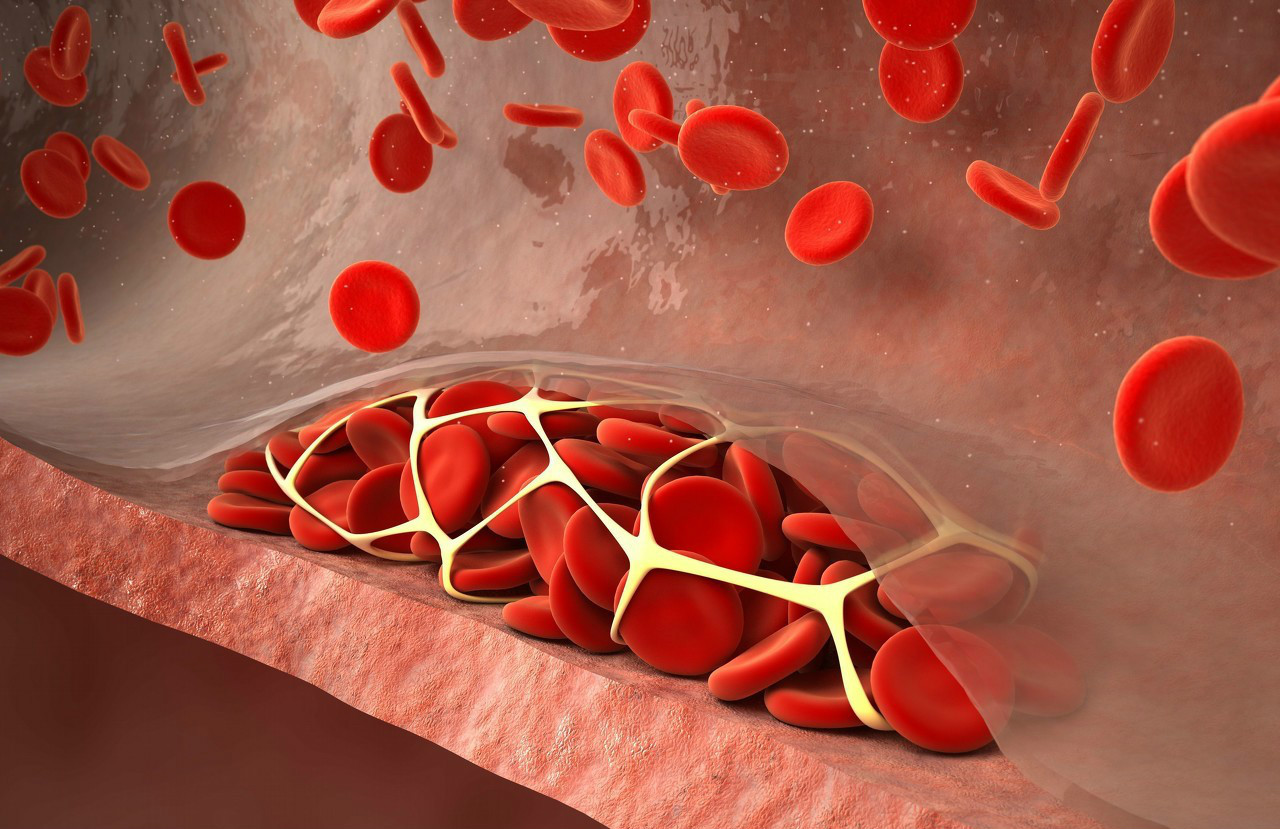-

Which vitamin stops bleeding?
Vitamins with hemostatic functions generally refer to vitamin K, which can promote blood clotting and prevent bleeding. Vitamin K is generally divided into four types, namely, vitamin K1, vitamin K2, vitamin K3 and vitamin K4, which have a certain hemostatic effect. The ...Read more -

What blood tests are done for bleeding disorders?
The tests required for hemorrhagic diseases include physical examination, laboratory examination, quantitative immunologic test, chromosome and genetic test. I. Physical examination Observation of the location and distribution of bleeding, whether there is hematoma, pete...Read more -

What is the deficiency disease that causes bleeding?
Blood deficiency is generally caused by overwork, excessive blood loss, vein block and other reasons. 1. Overtired: If you often stay up late to work overtime or work under excessive pressure, it may lead to overwork, and also cause blood deficiency, which can generally ...Read more -

What not to do while on blood thinners?
Coagulation is a crucial process in the body that helps to stop bleeding and prevent excessive blood loss. However, for individuals on blood thinners, it is important to be mindful of certain activities and behaviors that can interfere with the medication's effectiveness...Read more -

Succeeder Fully Automated Coagulation Analyzer SF-8200
Specification Assay: Viscosity‑based (mechanical) clotting assay, Chromogenic assay, Immunoassay. Structure꞉ 2 probes on two separate arms. Test Channel: 8 Incubation Channel: 20 Reagent Position: 42, with 16 ℃ cooling, tilt and stir function. Sample Position: 6*10 posit...Read more -

Succeeder Engineering Training Program From Apr 15th to 19th, 2024
Congratulations to Beijing Succeeder Technology Inc. on the success of the five-day international training. Training Time: Apr 15th--19th, 2024 (5 days) Training Analyzer model: Fully automatic Coagulation A...Read more

Download
My Order
 Login/Register
Login/Register
 Login/Register
Login/Register
- English
- French
- German
- Portuguese
- Spanish
- Russian
- Japanese
- Korean
- Arabic
- Irish
- Greek
- Turkish
- Italian
- Danish
- Romanian
- Indonesian
- Czech
- Afrikaans
- Swedish
- Polish
- Basque
- Catalan
- Esperanto
- Hindi
- Lao
- Albanian
- Amharic
- Armenian
- Azerbaijani
- Belarusian
- Bengali
- Bosnian
- Bulgarian
- Cebuano
- Chichewa
- Corsican
- Croatian
- Dutch
- Estonian
- Filipino
- Finnish
- Frisian
- Galician
- Georgian
- Gujarati
- Haitian
- Hausa
- Hawaiian
- Hebrew
- Hmong
- Hungarian
- Icelandic
- Igbo
- Javanese
- Kannada
- Kazakh
- Khmer
- Kurdish
- Kyrgyz
- Latin
- Latvian
- Lithuanian
- Luxembou..
- Macedonian
- Malagasy
- Malay
- Malayalam
- Maltese
- Maori
- Marathi
- Mongolian
- Burmese
- Nepali
- Norwegian
- Pashto
- Persian
- Punjabi
- Serbian
- Sesotho
- Sinhala
- Slovak
- Slovenian
- Somali
- Samoan
- Scots Gaelic
- Shona
- Sindhi
- Sundanese
- Swahili
- Tajik
- Tamil
- Telugu
- Thai
- Ukrainian
- Urdu
- Uzbek
- Vietnamese
- Welsh
- Xhosa
- Yiddish
- Yoruba
- Zulu
More Language






 Business card
Business card Chinese WeChat
Chinese WeChat English WeChat
English WeChat